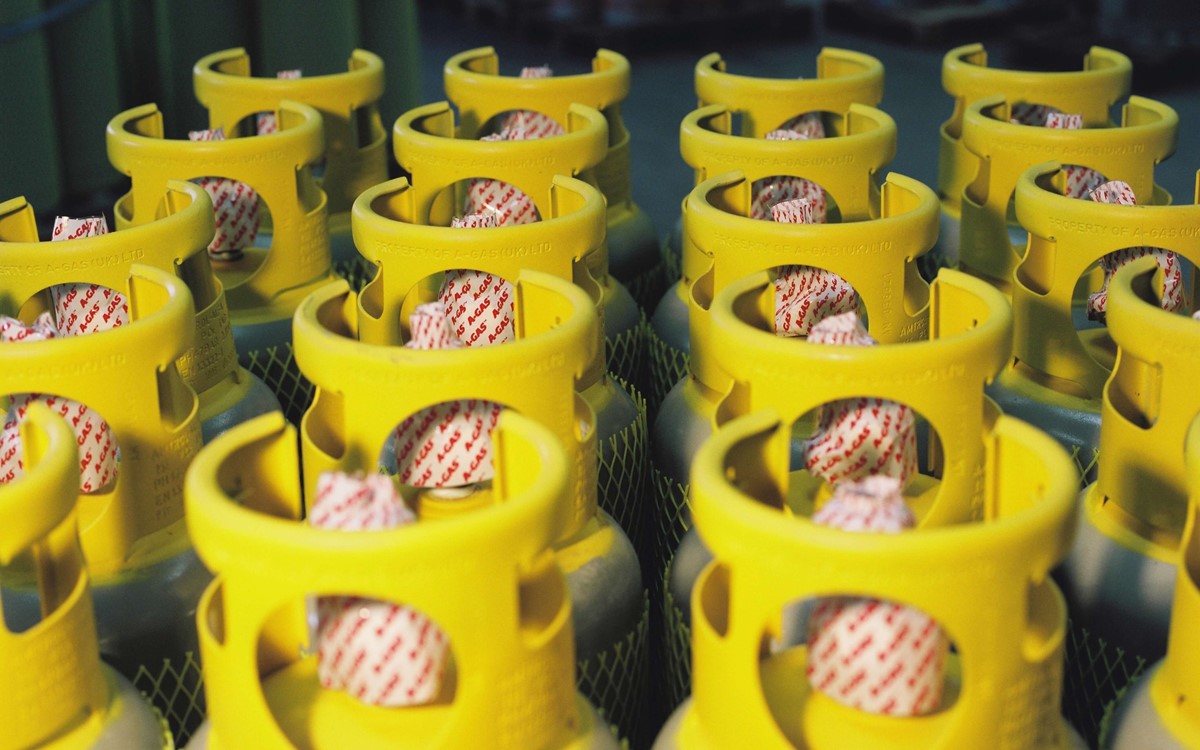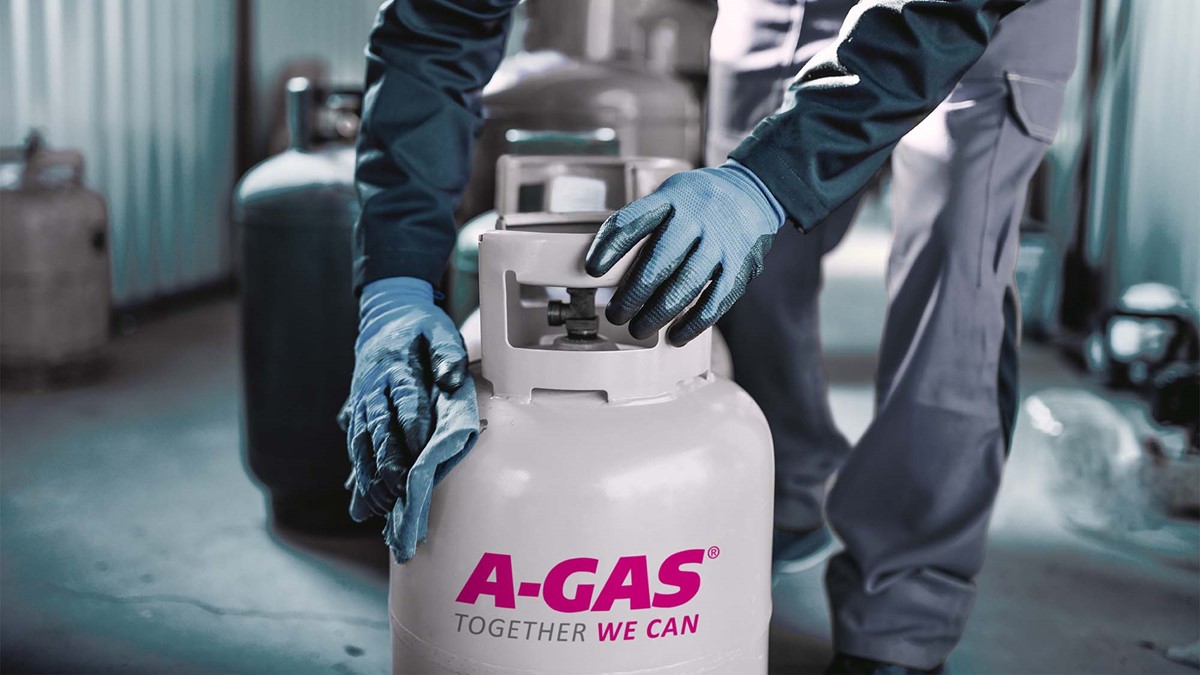Refrigerant Quotas: The Way Ahead
A-Gas Commercial Director Enzo D’Alessio on how the industry is handling the challenge of refrigerant quotas in the UK.

A quota system has been in place since January 1 to govern the import and export of HFC refrigerants between Great Britain and the rest of the world including the EU. This system controls the amount of virgin gases passing between us and the outside world and ensures that we keep to the rules laid down by the F-Gas Regulation.
Virgin HFC refrigerants feature in the quotas and reclaimed gases are unaffected. This means the more we can reclaim, the more we can sell outside the quota system and in turn make available to the market.
The Department for Environment, Food and Rural Affairs (DEFRA) now governs what we do in Great Britain regarding the F-Gas Regulation. Before we left the EU, DEFRA investigated refrigerant supply into the UK and allocated quotas to companies based on their historic trading.
Eleven per cent of the allocation was set aside for new entrants to allow for flexibility in the system. This has led to a more fragmented market which can be complex to understand. HFOs are not part of the quota system, but HFO blends are if they have an HFC component in them – N40 (R448A) is an example.
To some extent, it is still early days and because the industry had good time to prepare for the changes, disruption in England, Scotland and Wales has been kept to a minimum. Of course, the differing Coronavirus restrictions throughout the last 18 months hasn’t helped either.
There have been no shortages of refrigerants so far and this has been helped to some extent by the carry over of stock from last year. But with another 30 per cent cut in the availability of virgin product happening with the latest F-Gas step-down, there may be a squeeze further down the line.
Changes in the way we work have happened since we left the EU and these have presented new challenges for the industry. For example, A-Gas has been able to help a number of customers import pre-charged equipment into the UK. Typically, they are businesses that haven’t had the luxury of falling back on quotas to move equipment and in some cases they have been desperate to clear goods stuck at customs.
By selling on quota to these partners A-Gas has been able to unblock the log jam created by the new rules as a result of leaving the EU. We are happy to be approached about buying quotas to import equipment into the UK and can see the benefits this brings to our customers and the industry as a whole. The equipment imported into the UK has ranged from portable chillers to fire extinguishers.
Quotas are still tight and this will no doubt have an effect on refrigerant prices later in the year. From our perspective, we have to make sure that we import enough refrigerant to sell to our existing customers as well as help others. This can be difficult to plan for but having said that I believe there won’t be shortages later in the year.
We have planned accordingly to deal with the effects of Brexit and this has led to us diversifying our business and expanding on the Continent. This allows us to offer flexibility to clients operating on both sides of the English Channel and the Irish Sea.
This planning for change started five years ago, just after the results of Britain’s EU referendum and that decision to invest on the Continent to protect our interests has paid off.
The separate quota system in the UK needs time to settle and the water needs to find its level so to speak. Working with two systems is something we have got used to and our experience of this has borne fruit in ways we would have not expected. To this extent we have been helping some of our competitors supply their customers in Ireland.
There is no doubt that the Northern Ireland protocol has created difficulties for our business. Northern Ireland stayed within the EU F-Gas Regulation system but we have customers in the province that we have historically supplied from mainland Great Britain. Under the new system we would need EU quota to service customers in Northern Ireland which layers on all manner of complexity. We have chosen to service Northern Ireland from our German site to keep it within the EU quota system and simplify the process.
A further complication is the repatriation of used refrigerants classified as waste. Historically it was never an issue to bring these gases back to mainland Great Britain but now it requires import quota to move them across the Irish Sea. Again this can be difficult, so we have taken the decision that waste from Northern Ireland should be sent to our reclamation site in the Netherlands to keep it within the same F-Gas quota system.
More change is on the way. Later in the year the F-Gas Regulation will go out for consultation for further amendment in 2023. This review will happen on both sides of the English Channel, with the EU and DEFRA each making their own recommendations for further reductions in the use of virgin refrigerants. There have been suggestions that DEFRA may look to be more aggressive in the way it implements the step-downs.
Overall, we are seeing that the industry is in a better place than it was earlier in the year. We are viewing the future with greater optimism as the success of the vaccination programme across the country begins to bear fruit. A return to office working in city centres will also have a positive influence.
A period of sustained warmth and sunshine would also do the industry no harm. At A-Gas, we are back on the road again and meeting customers face to face. There is no doubt that Brexit and the pandemic has changed the cooling industry for ever. At A-Gas we have met these challenges head on and are well placed to serve our customers across the UK and Europe. Slowly we are beginning to see light at the end of the tunnel.
